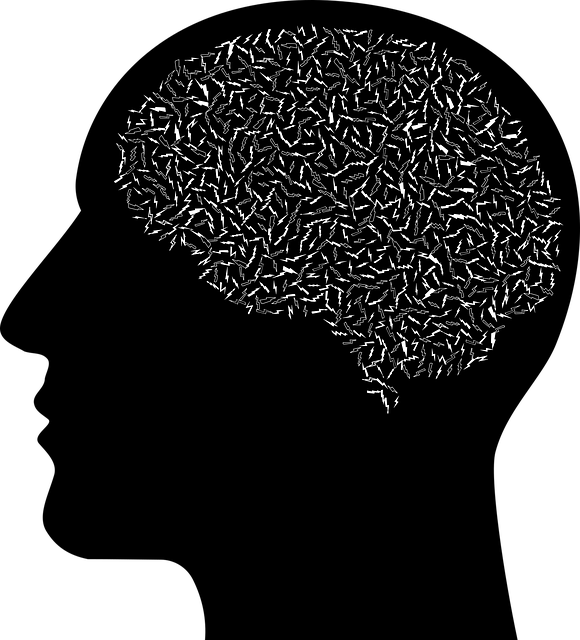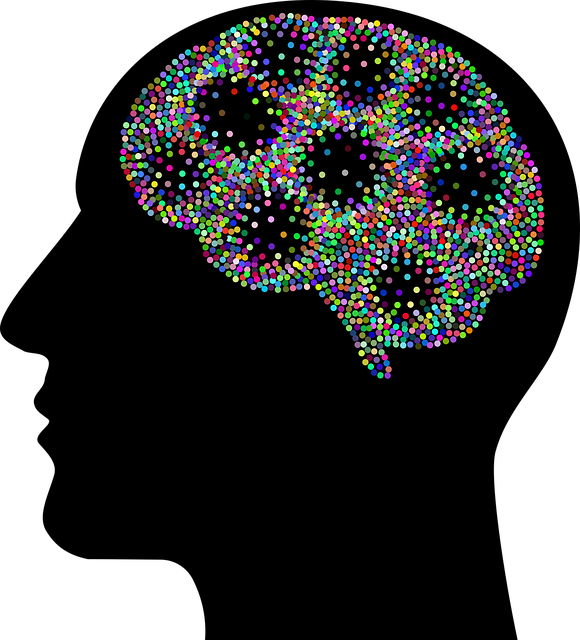Emotion regulation is a cornerstone of Superior ADD-ADHD Therapy, teaching individuals coping skills and conflict resolution techniques for emotional intelligence. This involves identifying triggers, understanding responses, and implementing healthy strategies to enhance focus, decision-making, and social interactions, ultimately boosting quality of life. Mindfulness meditation and cognitive reframing are powerful tools in managing emotions, reducing reactivity, and improving mood. Educators and parents should use a holistic approach with clear goals, regular tracking, and individualized plans starting simple and gradually incorporating complex techniques for superior therapy outcomes promoting long-term mental wellness.
Emotion regulation techniques play a pivotal role in superior ADD-ADHD therapy, empowering individuals to manage their emotional responses effectively. This article delves into three key sections: Understanding Emotion Regulation and Its Significance in ADD-ADHD Therapy, Practical Techniques to Master Emotion Regulation Skills, and Implementing and Tracking Progress: A Comprehensive Guide for Educators and Parents. By exploring these aspects, we offer a holistic approach to enhancing emotional intelligence and improving overall well-being.
- Understanding Emotion Regulation and Its Significance in ADD-ADHD Therapy
- Practical Techniques to Master Emotion Regulation Skills
- Implementing and Tracking Progress: A Comprehensive Guide for Educators and Parents
Understanding Emotion Regulation and Its Significance in ADD-ADHD Therapy

Understanding Emotion Regulation is a cornerstone of Superior ADD-ADHD Therapy. Individuals with Attention Deficit Hyperactivity Disorder (ADHD) often struggle with emotional dysregulation, leading to impulsive behaviors and difficulties in various aspects of life. Effective emotion regulation techniques empower individuals to manage their emotions, reduce symptoms of ADHD, and improve overall well-being. By learning coping skills development and conflict resolution techniques, individuals can enhance their emotional intelligence—the ability to recognize, understand, and effectively manage one’s own emotions as well as those of others.
This process involves recognizing triggers, understanding emotional responses, and adopting healthy strategies to navigate intense feelings. In the context of ADD-ADHD therapy, these skills are crucial for improving focus, decision-making, and social interactions. Through structured interventions, individuals can develop a superior ability to self-soothe, adapt to challenging situations, and foster positive relationships, ultimately enhancing their quality of life.
Practical Techniques to Master Emotion Regulation Skills

Mastering emotion regulation skills is a valuable asset for anyone looking to enhance their mental well-being. In today’s fast-paced world, where stress and anxiety are prevalent, practical techniques can make a significant difference in managing intense emotions. One effective approach is mindfulness meditation, which encourages individuals to focus on the present moment, observing their feelings without judgment. This simple yet powerful tool has been shown to reduce reactivity to strong emotions and improve overall mood management.
Additionally, cognitive reframing is a technique that involves challenging negative thought patterns. By learning to recognize and change distorted thinking, individuals can build resilience against emotional turmoil. For instance, replacing self-critical statements with more balanced perspectives can foster a sense of calm and self-compassion. Combining these techniques with superior ADD-ADHD therapy offers a holistic approach to mastering emotion regulation skills, enabling individuals to navigate life’s challenges with greater ease and a stronger sense of control over their emotional responses.
Implementing and Tracking Progress: A Comprehensive Guide for Educators and Parents

Implementing effective emotion regulation techniques is a valuable skill for both educators and parents to teach children, especially those with Attention Deficit Disorder (ADD) or Attention-Deficit/Hyperactivity Disorder (ADHD). To ensure success, it’s crucial to establish clear goals and track progress regularly. Educators and parents can collaborate to create an individualized plan tailored to each child’s unique needs.
A structured approach involves introducing simple strategies initially, such as deep breathing exercises or visual aids for emotional understanding. Gradually, more complex techniques like communication strategies, mindfulness meditation, and mental wellness journaling can be incorporated. Regular check-ins and feedback sessions facilitate progress tracking. By monitoring a child’s ability to identify and manage emotions, educators and parents can adjust the intensity of interventions, ensuring a superior ADD-ADHD therapy experience that promotes long-term mental wellness.
Emotion regulation techniques are powerful tools in enhancing the quality of life for individuals with ADD-ADHD. By understanding the significance of these skills and implementing practical strategies, educators and parents can significantly improve their ability to manage emotions. This comprehensive guide offers a roadmap for teaching emotion regulation, enabling a more effective approach to superior ADD-ADHD therapy. Through consistent practice and tracking progress, individuals can develop resilience and navigate challenges with increased adaptability, fostering a healthier and more fulfilling life.














